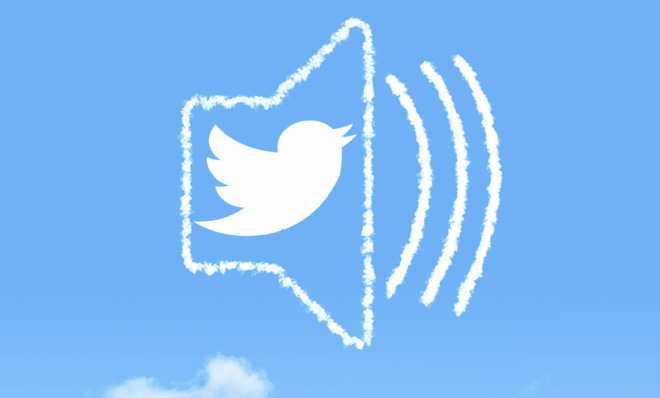What Twitter would really gain from buying SoundCloud
The social network is reportedly mulling purchasing the audio-sharing service, an acquisition that would boost Twitter in a variety of ways

A free daily email with the biggest news stories of the day – and the best features from TheWeek.com
You are now subscribed
Your newsletter sign-up was successful
There may have been a lot of pent-up demand for The Roots' new album, …And Then You Shoot Your Cousin, which was released May 19. But drummer Questlove attributed its stratospheric rise on the iTunes charts to the social service Twitter.
It's no secret that the chatter on Twitter helps artists with sales and promotion. Music was the top topic discussed on the social network in 2013 — above sports, politics, or anything else.
It's no surprise then that Twitter is reportedly interested in buying SoundCloud, a site for hosting audio content.
The Week
Escape your echo chamber. Get the facts behind the news, plus analysis from multiple perspectives.

Sign up for The Week's Free Newsletters
From our morning news briefing to a weekly Good News Newsletter, get the best of The Week delivered directly to your inbox.
From our morning news briefing to a weekly Good News Newsletter, get the best of The Week delivered directly to your inbox.
But the connection between Twitter and SoundCloud is not as straightforward as it may seem. Indeed, if Twitter is intent to merely hawk music, then the prospective deal would be a little disappointing. What Twitter seems to be really going for is much more interesting: an in-house service that will allow Twitter users to disseminate and share all kinds of audio.
Twitter already tried its hand at becoming a source for discovering new music — and it didn't work. In 2012, the company bought the app We Are Hunted — which searches the internet to surface the most popular new music — in a bid to bring music discovery in-house. With all the music data Twitter sees, it seemed to make sense at the time.
But it turned out that users weren't less interested in using a separate Twitter app to look for new music than in talking about music on Twitter. After a year, Twitter shut down its #Music app.
Since then, Twitter has pivoted to incorporating music services that ultimately complement its identity as a social network. Earlier this year, it announced a partnership with 300, a new music company that finds and signs bands through its exclusive access to Twitter data. The idea is that using all the tweets of up-and-coming bands, 300 can pinpoint those bands with an "it" factor. In exchange, 300 is providing Twitter with data and software that can be used by its millions of users, whether they be musicians, labels, or other industry players.
A free daily email with the biggest news stories of the day – and the best features from TheWeek.com
Further discouraging the idea that Twitter is considering buying SoundCloud for its musical content is the fact that SoundCloud doesn't have any deals with major record labels. Right now, SoundCloud is a lot like YouTube was pre-Google — legitimate and popular, but very Wild West. It's hard to argue that the platform is anything other than the easiest and best place to host audio.
That's why it makes more sense to think of the SoundCloud acquisition as a play to introduce an audio format to Twitter, much as the company did with Vine, picture-hosting, and even link-shortening. It's all about offering users more features, while retaining the control to monetize those features.
When you broaden the scope to mobile, it's worth noting that there aren't any mobile-first audio platforms — as there are for videos and photos — other than SoundCloud.
Furthermore, while music is definitely a huge part of any foray into audio — tapping into a growing trend of artists connecting directly with fans — podcasts are another part of the equation that could prove very profitable to SoundCloud and Twitter. It's already possible to record directly to SoundCloud's app, making it easy to see how a mobile app (free or at low cost) and a social network could combine to give podcasting a big break-out moment.
In the beginning, Twitter seemed unsure about how to approach music. In the last couple of years, however, it's become clear that Twitter is now more interested in facilitating content than becoming an end-user service for music discovery. A SoundCloud acquisition would be about trying to control all audio that flows across the service, not just music.
Tyler Hayes is a freelance writer living in Southern California. He's just as obsessed with discovering new music as he is with trying new technology.
-
 Political cartoons for February 22
Political cartoons for February 22Cartoons Sunday’s political cartoons include Black history month, bloodsuckers, and more
-
 The mystery of flight MH370
The mystery of flight MH370The Explainer In 2014, the passenger plane vanished without trace. Twelve years on, a new operation is under way to find the wreckage of the doomed airliner
-
 5 royally funny cartoons about the former prince Andrew’s arrest
5 royally funny cartoons about the former prince Andrew’s arrestCartoons Artists take on falling from grace, kingly manners, and more